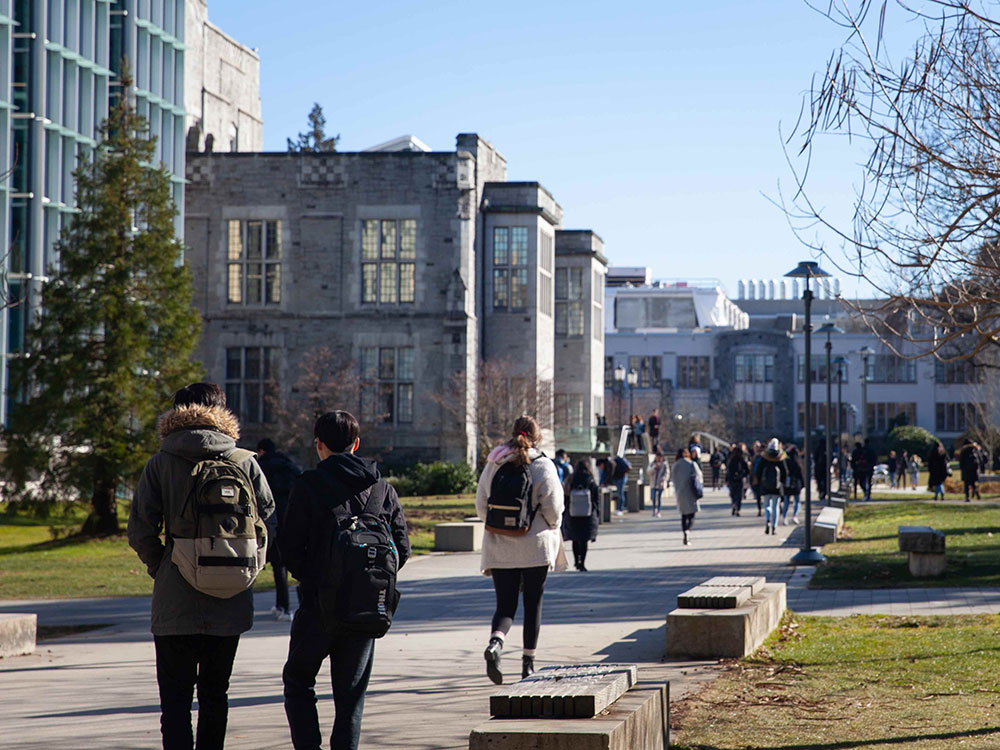It doesn’t take much to see that today’s higher education system needs a restart. Colleges and universities across Canada face varying degrees of financial crisis and interference in research by corporations and governments. At the same time, students are experiencing growing inequitable access to higher education.
That’s the bad news. The good news is there are proven alternative education models, but it requires moving from the current fixation on rankings to co-operation.
Post-secondary institutions spend too much effort boosting their university rankings, despite studies demonstrating that spending limited resources on the ranking race diverts resources from improving education to the detriment of students and communities.
What rankings miss
Metrics used in major global university rankings often privilege wealthy institutions, but how they became wealthy and continue to be wealthy is not part of the equation. Many top-ranked American and Commonwealth universities, for example, are rich because of slavery, the plantation economy and colonial land grants.
These same universities continue to amass wealth from donors who can, and often do, influence institutions, including by stopping research that is in the public interest.
We face unprecedented global crises. Making education a consumer good — accessible to those who pay top dollars through their own funds or increasingly through the burden of debt — is, at best, limiting the ability of higher education to expand public and policy conversations through education.
At worst, it’s contributing to the crises we face by sticking to a model that conflates individual wealth with ability.
Research is clear that quality suffers when equity is overlooked in who produces knowledge and how it is funded and saps energy from innovating sustainable and equitable research.
The good news is that innovative higher educational models that emphasize equity and inclusion thrive. The key lies in reimagining the role of universities.
Instead of adhering to a corporate model based on individual achievement, we need to shift towards co-operative governance that fosters collaborative approaches to teaching and research, and grapples with the crises we collectively face.
The case for co-operative education
The solidarity economy and co-operative sector can be the model to guide a new way of running an equitable, just and ethical university.
Central to co-operatives is democratic governance, concern for community and education for members to, for example, responsibly carry out financial roles. There are co-operative universities, and corporate universities that have co-operatives on their campuses.
Spain’s Mondragon Corporation is a co-operative created in the 1950s during the dictatorship of Francisco Franco. It now encompasses a network of over 81 co-operatives, employing over 80,000 people, which includes a co-operative university.
At the root of the co-operative education system is learning how we are interdependent and developing the knowledge and skills to participate in democratic decision-making.
Canada has a legacy of co-operatives, with credit unions like Desjardins, Vancity and Meridian, and insurers like the Co-operators. They demonstrate that prioritizing human development is not only possible but also profitable.
Credit unions support small businesses, microfinance and mutual aid structures, such as The Rotating Operating Savings and Credit Network, a model that could immensely benefit students.
Integrating the study of economic, housing and educational co-operatives into university curricula and across disciplines would give students a broader understanding of their choices in how they work, live and learn with others.
Towards a co-operative model
We do not expect Canadian universities will become co-operatives overnight, but making steps towards a co-operative model is possible and needed.
As members of the Diverse Solidarity Economies Collective, we propose four changes to undo the bias for the status quo.
First, focus on co-operative economies on campus. For example, in Trinidad, the University of West Indies St. Augustine campus has its own credit union system rooted in respect and caring for community. This reflects the university’s commitment to social justice. Credit unions focus not on enriching shareholders but on their members and people-centred development.
A second structural change can be businesses on university grounds. More restaurants and shops run by student unions can ensure their members’ benefit. Vendors, catering and contractors at universities should support businesses owned by those from racialized and marginalized communities, and those defined as social purpose enterprises and co-operatives.
Increasingly, universities are seen as an untapped market for real estate investors, which further increases costs for students.
Instead of building housing that is out of reach for the increasing number of housing-insecure students, staff and faculty universities could look to several successful student housing co-ops in Canada.
There is a resurgence of interest in co-ops, yet they still form a small part of student housing. Re-imagining university real estate investments through the lens of co-operative housing, intentional communities and land trusts would provide security and a sense of community that could address isolation and mental-health crises that are on the rise.
These models focus on keeping investments within the community, contrasting starkly with typical rental housing on campuses.
The third change is advocating for government funding that fosters an equitable system-wide approach to funding public education, rather than fostering inter-institutional competition based on rankings.
The fourth change would be adhering to the United Nations’ declaration that 2025 is the Year of Co-operatives. It’s time for universities, especially publicly-funded ones, to rethink their corporate model.
It will mean moving beyond the fixation on rankings towards a governance model built on solidarity, grounded in equity, ethical business and economic co-operativism aimed at preserving and protecting people and the planet.![]()
![]()
Read more: Education


















Tyee Commenting Guidelines
Comments that violate guidelines risk being deleted, and violations may result in a temporary or permanent user ban. Maintain the spirit of good conversation to stay in the discussion and be patient with moderators. Comments are reviewed regularly but not in real time.
Do:
Do not: